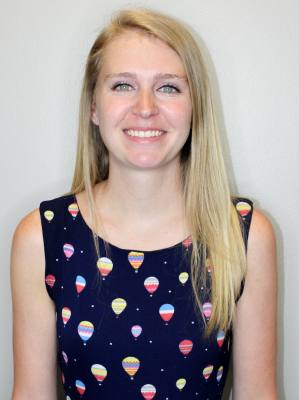Sugar Land City Council is working through a redistricting process to redistribute evenly into the city’s four districts—represented by a corresponding council member—the nearly 30,000 residents from Greatwood and New Territory who were annexed in December.
The council operates with a mayor, four district council members and two at large council members.
“This process has been timed so it would begin after the newly annexed residents had an opportunity to vote in the City Council election, and such that the council that starts the process is the council that finishes the process,” Assistant City Manager Jim Callaway said during a regular meeting June 5.
Prior to annexation, each district contained about 20,000 residents. Since annexation, 16,844 residents were temporarily added to District 2, and 12,769 residents were temporarily added to District 4, Callaway said. The annexation of the two communities bumped Sugar Land’s total population up to 117,869 in December.
One area of concern that was raised as the redistricting begins involved allowing active City Council members who will not seek re-election due to term limits to serve on the Redistricting Advisory Committee, which will make plan recommendations to the council.
“It gives an appearance of undue influence,” Council Member Amy Mitchell said. “My concern isn’t that the committee will do it wrong; but what I am saying is that if they do it wrong or if there is an appearance of undue influence when it wasn’t necessary to change the way we’ve done it in every election, which is having seven members of the community without any sitting council members, we’ve never had a problem.”
During a June 5 meeting, the council approved the committee members with At Large Position 1 Council Member Himesh Gandhi and District 2 Council Member Bridget Yeung as part of the team.
The nine-member committee is made up of seven individuals—one appointed by each council member and the mayor—and two council members.
The Redistricting Advisory Committee will hold meetings from June 25 to Aug. 10. A schedule will be posted on the city’s
website, and residents are encouraged to participate. The committee is expected to make its recommendation to the council Aug. 21, and a workshop will be held Aug. 28 to discuss the recommendations and receive public feedback.
“The reason that we reach out to the citizens for this committee is to let the citizens become involved in the process, let them work with the attorney and let them work—in this particular case—with council members that have gone through the last two redistrictings, which is the reason that I proposed that those two council members join the committee,” Mayor Joe Zimmerman said.
Gandhi, who served on a redistricting committee in 2011, said the attorneys make a big difference in this process.
“In this experience with the prior redistricting committee, the attorneys really drive a lot of the direction, and they will keep you on guidelines,” he said. “They do, I would say 25 percent of the work and then 75 percent is where the citizens play a big role. I see the council members playing a role in guiding them and making sure it’s moving along. If you left it up to just staff and the community, we may not be able to get it to the right time frames that we need it done.”
Several legal guidelines are in place for redistricting, City Attorney Meredith Riede said. Some of these include maintaining equal populations within districts, using identifiable geographic boundaries, maintaining communities of interest and preserving the minority voting impact, Riede said.
“These are the same guidelines we have consistently used, and we have consistently not redistricted somebody out of office,” Riede said.






